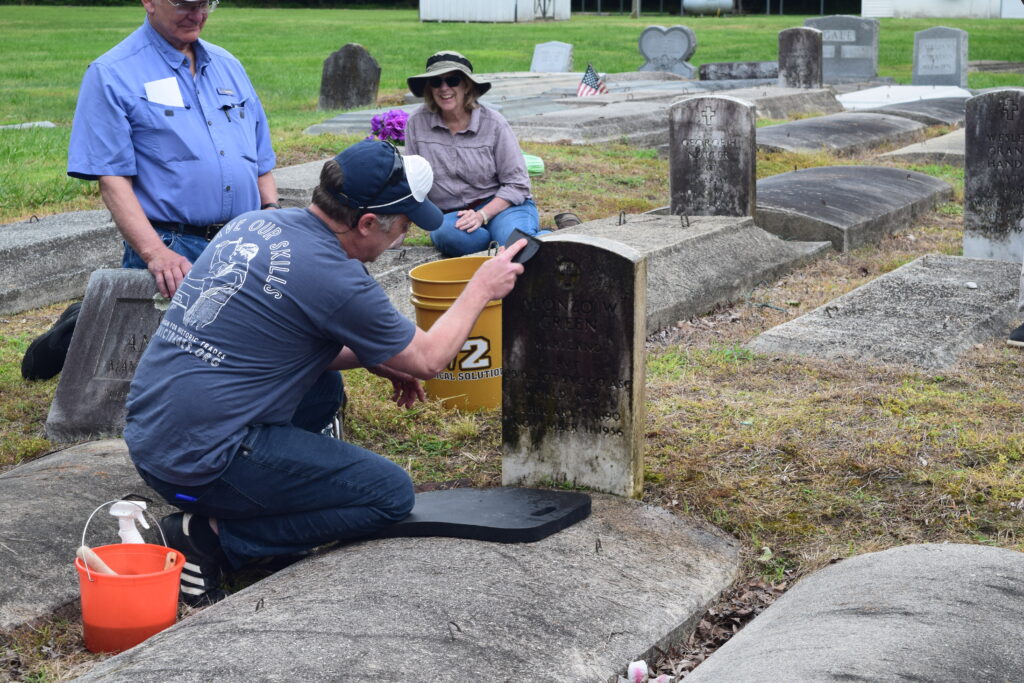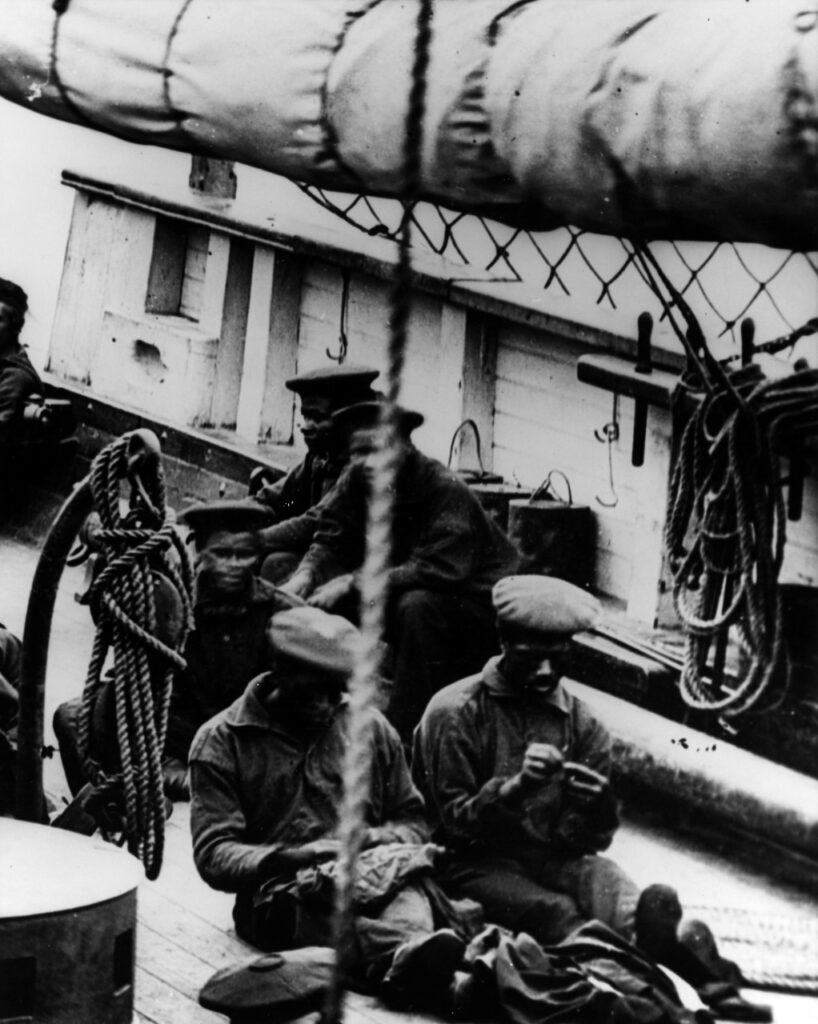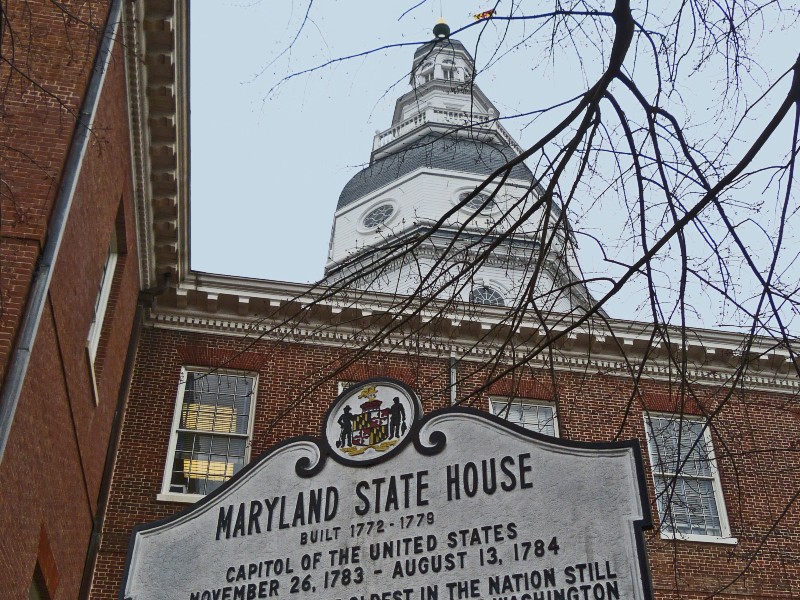The legislative session is underway in Maryland and Preservation Maryland’s advocacy team is actively reviewing dozens of pieces of legislation to assess their impact on historic preservation.
Governor Moore’s budget, while containing many cuts to critical programs and agencies due to the significant (~$2B) deficit, has still provided generous support for many key preservation and conservation programs – including the Maryland Historic Revitalization Tax Credit and Program Open Space. Defending these programs from cuts during the legislature’s review and approval of the final budget will be key to their continued funding for the year ahead.
Additionally, after analysis by our policy team and partners, we’ve determined that the following bills would have a positive impact on historic preservation and smart growth efforts in Maryland:
SB354 Establishment of Maryland Inventory of Cemeteries and Burial Sites Workgroup

This legislation would establish a Maryland Inventory of Cemeteries and Burial Sites Workgroup for the purpose of studying issues related to the establishment and maintenance of a state cemetery inventory system and would, in turn, require the workgroup to report its findings and recommendations to the Governor by December 1, 2025.
In short, this bill would create a workgroup to report on how best to monitor and inventory cemeteries across the state – a critical need for identification of historic cemeteries and prioritizing investment in preservation.
SB13/HB77 Commission to Study African American Civil War Sailors in Maryland

This legislation, a companion to last year’s commission which studied African American Civil War Soldiers, would establish a Commission to Study African American Civil War Sailors from Maryland and would require the Commission to make recommendations regarding the funding, design, construction, and location of an appropriate memorial dedicated to African American Civil War sailors.
SB436/HB489 Study on Building Code Requirements for Single-Staircase Buildings
This legislation would require the Maryland Department of Labor to study building code requirements for single-staircase buildings in Maryland and that of other states and analyze best practices when drafting building code requirements. The intent of the legislation is to require the department to make legislative and regulatory recommendations for the purpose of increasing the affordable housing supply by reducing barriers to multifamily housing development in these structures, which are often historic and need to be adaptively reused.
SB409/HB97 Economic Development – County or Municipal Corporation Economic Development Authority – Powers and Use of Proceeds
This legislation will positively impact historic preservation by expanding the use of funds under the existing Industrial Development Authority (IDA) code to better address modern-day development and redevelopment needs.
Originally, IDA funds were created primarily to build industrial parks; however, this model does not work for the current needs of many communities across Maryland. The expanded uses permitted in this legislation will allow these entities to invest in broader redevelopment activities that address housing and place-based investment in traditionally underserved communities.
Additionally, the bill expands the authority to utilize tax increment financing funds to create vibrant, walkable, and livable neighborhoods with improved housing, amenities, and infrastructure. Tax increment funds can be monetized by issuing a bond early in the project area life span or by collecting revenue in fund accounts to be deployed at a future date.
Given the pressure on traditional funding sources for historic preservation, new, innovative sources of funding will be necessary in the future.
SB127/HB300 Reimbursement of Indirect Costs
This legislation would increase the rate at which nonprofit organizations receiving State-funded grants or contracts may be reimbursed for indirect costs from 10% to 15%. This would match the new federal indirect rate, which is now 15%.
Why is this necessary? First, and foremost, running a nonprofit requires support – and not just for the projects themselves, but for the organization which makes the project possible. Second, aligning Maryland’s indirect rate to the federal rate would simplify nonprofit budgeting and planning when approaching a project with joint federal and state funding, which many large preservation capital projects include.
What’s next?
Many of the bills included have not yet been heard during the committee review process – and many will be testified on by Preservation Maryland. If you, or your organization (yes, nonprofits can advocate and lobby!), would like to testify – follow the link for the legislation included to visit the MD General Assembly website.
On the general assembly website, you can create an account and learn how to submit written testimony or provide verbal testimony either in-person, or virtually. A simple explanation of how testimony works can be found for here for the Senateand here for the House.
Can’t Testify? Support our Work Instead!
If testifying is not something you’re interested in or if you do not have the time, please consider making a gift of support to Preservation Maryland!
Support our work and keep us on the ground in Annapolis speaking out on behalf of the policies that make preservation possible in Maryland.
Sign up for updates
Get the latest updates and news from Annapolis by signing up for our e-newsletter here.

